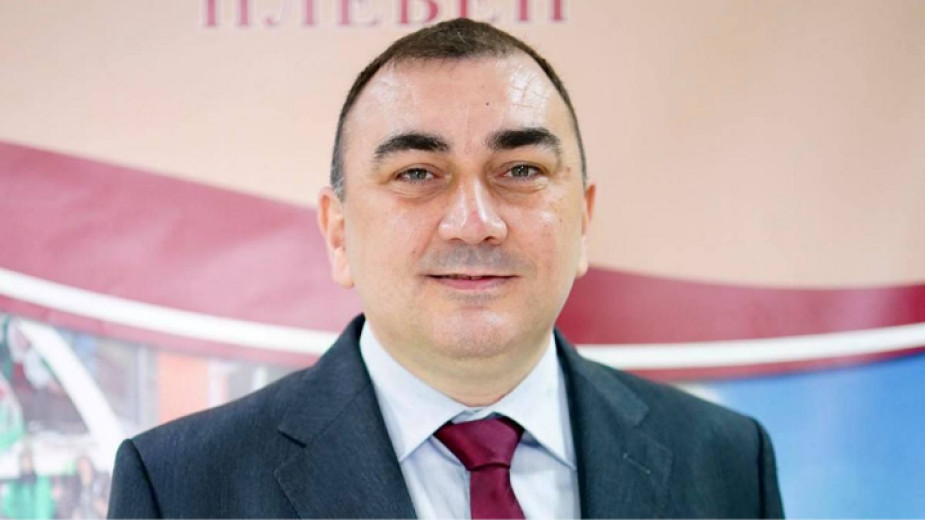More than 500 medical workers leave Bulgaria every year. With the start of the Covid crisis and the strain on the healthcare system, the shortage of medical workers reached a critical point. At this point statistical data are staggering – at medical establishments there is a shortage of 470 doctors and 26,000 nurses! In villages the situation is even worse, with only 20% of the openings for doctors being filled. In 10-15 years the shortage of medical workers will reach breaking point, as now one-third of all doctors are over the age of 50.
According to National Statistical Institute data, the number of general practitioners in the entire country is 4,015, but the number of young people applying to study for “medical specialist in healthcare” has more than halved.
From 635 applicants in 2011, in the space of just ten years the number of applicants has shrunk to 286, Prof. Dobromir Dimitrov, Rector of the Medical University in Pleven said in an interview for the BNR’s Horizont channel, and the main reason for this is:
“The low pay, the bad working conditions, the fact that it is a difficult profession as a whole. The young people applying to university, once they find out what awaits them on the labour market, they change their minds and no longer want to apply in these fields.”

The number of healthcare professionals at the end of last year stood at 45,000, nevertheless the shortage of nurses is a tendency. Professor Dimitrov:
“The nurse-doctor ratio is 0.9 to 1, even though the requirement is for 2 to 1. The state must intervene here to protect the specialties “nurse” and “midwife” so that we can have more applicants, i.e. so that we can make this profession more desirable to the young people applying to university.”
One of the young nurses who are still dedicated to the idea of tending to the sick is Mariela Budina. She obtained her education in Sofia, and is now practicing at one of the hospitals in the capital city.
“I chose this profession because I want to help people and I see the gratitude in their eyes. I have spent two years abroad. I was in Great Britain but I decided to come back to Bulgaria. There, you have to wait for months for a check-up or a procedure, in Bulgaria that is not so.”
At the beginning of the month the Ministry of Health proposed to the Ministry of Education that the profession of “nurse” be declared protected. According to the definition in the Vocational Education and Training Act, a protected profession is “a profession which is important for the economic development of the respective sphere and in respect whereof there is a proven need of qualified specialists on the labour market”.
Interviews by Horizont channel, BNR
Editing by Yoan Kolev
Photos: BGNES and libraryIn 2032, Bulgaria and Denmark will select their cities for the title of European Capital of Culture. The procedure will open in 2026 when the two countries will officially invite their cities to prepare their candidacies. The candidates must draw up..
The Eastern Rhodopes are one of the few places in Europe where the balance of nature has been restored almost to the state it was in two centuries ago. Here, ecosystems function naturally. In other words, animals and plants coexist in harmony without..
"I started working as a teacher in France, but I was bored. I started looking around – where could I go as a history and geography teacher? A vacancy appeared in Bulgaria." And so in 2007, Vincent Dupuy, a recent university graduate, set off for a..
21 February is International Mother Language Day, first proclaimed as such by UNESCO and later adopted by the UN General Assembly. The right to..
"The place in France where we draw together the future of our children in Bulgarian" - this is how Yaneta Dimitrova described her workplace - the..

+359 2 9336 661
